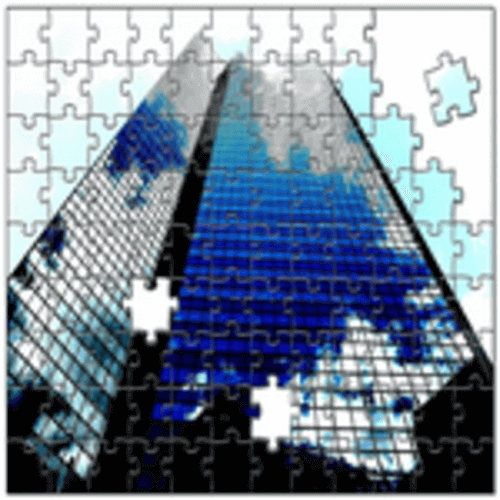There are a number of projects out there that claim to be “democratizing” complex systems such as big data analysis, predictive analytics and business intelligence. Sometimes this means making tools free or cheap (such as Revolution Analytics). Other times, it just means making them more accessible to non-programmers, through either SQL-like query languages or drag and drop interfaces. A new example of the latter comes in the form of the service Radoop, which provides a Yahoo Pipes-like visual programming interface for Hadoop (it’s still in private beta).

But is it really possible to make complex tools like Apache Hadoop accessible to non-programmers?
Certainly it will be possible to simplify certain tasks. Microsoft’s Excel DataScope brings its distributed computing system Daytona into Excel. (Though some would argue that Excel isn’t particularly simple.) But I can’t help but wonder if anything that can be made simple enough to run through a beginner’s interface will actually justify using tools like Daytona in the first place. In other words, will you have to sacrifice so much power in the name of simplicity that you might as well use less powerful tools to begin with?
The other question is what is lost by glossing over lower level details. The Web has certainly become more democratized since its early, pre-Mosiac days – and all without sacrificing any power. But when I was still doing end-user support (less than a year ago) I frequently ran into people of all ages (i.e., not just “old people”) who lacked even a basic understanding of how the Web worked. It’s not uncommon to meet people who don’t know you can type a URL into the address bar of a browser.
I bring up the Web example because there are obviously extremes. It does seem excessive to insist that no one use Hadoop unless they know how to program in Java. But what gets lost as you abstract elements away?
Image by Adam T4





















